Research team
Katarzyna Paszkiewicz, PI (University of the Balearic Islands)
Verena A. Conley (Harvard University)
Ignacio Bergillos García (CESAG-Comillas Pontifical University)
Laura Del Vecchio (University of the Balearic Islands/
École des Hautes Études en Sciences Sociales)
Libe García Zarranz (Norwegian University of Science and Technology)
Julia Leyda (Norwegian University of Science and Technology)
Deïna Lillo Aguirre (University of the Balearic Islands)
Salma Monani (Gettysburg College)
Stephanie Rincón (University of the Balearic Islands)
Andrea Ruthven (University of the Balearic Islands)
Marta Segarra (Centre for Research on the Arts and Language-CRAL/CNRS)
Alexa Weik von Mossner (University of Klagenfurt)
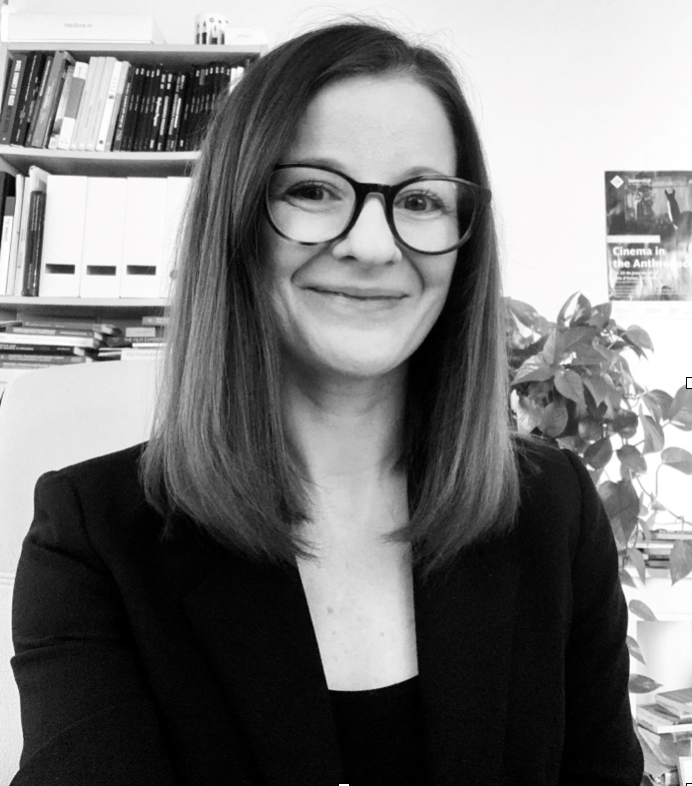
Katarzyna Paszkiewicz (Principal Investigator)
is Associate Professor in English and Film Studies at the University of the Balearic Islands and researcher with ADHUC – Research Center for Theory, Gender, Sexuality. She was a Visiting Researcher at the University of Pennsylvania, the University of Melbourne, University College Dublin, and Research Associate at Harvard University. Her current work explores environmentally oriented film theory and videographic criticism. Her articles on ecocinema, affect theory and eco-esthetics, as well as the aesthetics of petroleum appeared in journals such as New Review of Film and Television Studies, Journal of British Cinema and Television, Journal of Film and Video, Studies in European Cinema, Quarterly Review of Film and Video, and Journal of Aesthetics & Culture, among others. She has recently co-edited, with Andrea Ruthven, Cinema of/for the Anthropocene: Affect, Ecology and More-than-human Kinship (2025) for Routledge Advances in Film Studies and is completing her monograph on de-anthropocentric visualities. Her video essays appeared in Feminist Encounters (2025) and Teknokultura (2025). She is a member of the TransLitresearch group (Norwegian University of Science and Technology) and of the international research project Female Filmmakers and Feminism in the Media (FEMME), funded by the French National Research Agency (ANR). She co-directs, with Marta Segarra, the book series Mujeres y Culturas. Ensayos sobre género y sexualidad, published by Icaria Editorial.

Verena Andermatt Conley
is Long-Term Visiting Professor in Comparative Literature and Romance Languages and Literature (Harvard University). Faculty Associate at the Harvard University Center for the Environment, she writes on current dilemmas in the natural and urban environments. Her work includes Rethinking Technologies (two editions, 1993 and 1997), a book of essays that takes a critical assessment of urbanization under the impact of electronic technologies. In Ecopolitics: The Environment in Poststructuralist Theory (1997), she explores the covert ecological dimension in post-structural theory and studies its impact on questions concerning environmental reform. Spatial Ecologies: Urban Sites, States and World-Space in French Cultural Theory (2012) explores the spatial turn in French cultural and critical theory since 1968. A new book-project, On Care: A Plea for Etho-Ecology, argues for the importance of habitability in today’s world by meshing the discipline of ethology with that of ecology. She is also finishing a book on a colonial garden, From Colony to Ecology: The Jardin d’essai du Hamma in Algiers. Awards include Fellowships at the Camargo Foundation (Cassis, France), the National Endowment of the Humanities (1985-86), and the Dumbarton Oaks Research Center (Georgetown, Washington, D.C.). In 2015, at the annual congress of the American Association of Geographers, a seminar was devoted to her work on ecology and topography.
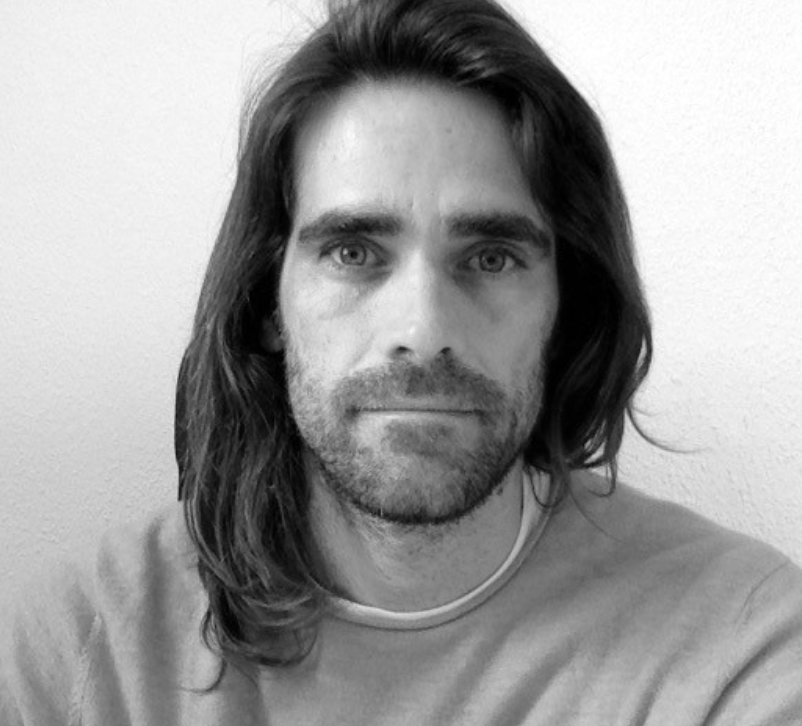
Ignacio Bergillos García
is Lecturer at the Department of Communication Sciences at CESAG – Comillas Pontifical University. He holds a PhD from the Universitat Autònoma de Barcelona with an extraordinary doctoral award and CAC award for research in communication in 2016. He has done research stays in Groningen, Oslo and Tübingen. Interested in digital culture and the relationship between media (or media technology) and society, he has applied interdisciplinary approaches to the study of participatory culture in fields such as journalism or television. He has also published on how communication and media studies have engaged with the concept of the Anthropocene. He is a member of the Board of Directors of CineCiutat, a pioneering participatory project in Spain that combines film exhibition with cultural management and media education.

Laura Del Vecchio Lança
(she/her) is a multidisciplinary researcher whose work lies at the intersection of culture, the politics and ethics of care, decolonial thought and the analysis of the links between human and more-than-human worlds. She holds a BA in Translation, Interpretation, and Applied Languages from the Open University of Catalonia (UOC) and the University of Vic, and an MA with honors in Construction and Representation of Cultural Identities from the University of Barcelona. She has collaborated with UNESCO, the Austrian Chamber of Commerce (WKO), Deutsche Gesellschaft für Internationale Zusammenarbeit (GIZ) GmbH, Centre d’Arts Santa Mònica, Konvent Zero and others, with opinion pieces published in Up Future Sight, Uol Tab, techDetector, La Directa and Nosaltres. Currently a PhD candidate at the University of the Balearic Islands, Del Vecchio is a recipient of a scholarship funded by the Spanish Ministry of Science, Innovation, and Universities for the research project “Cinema and Environment 2: Ways of Seeing Beyond the Anthropocene,” supervised by Dr. Katarzyna Paszkiewicz and Dr. Marta Segarra. Her thesis examines how films use soundscapes to explore human and more-than-human interactions, integrating Pauline Oliveros’ deep listening practice with ecocinema studies to challenge anthropocentric perspectives and explore cosmologies of thinking among different species.
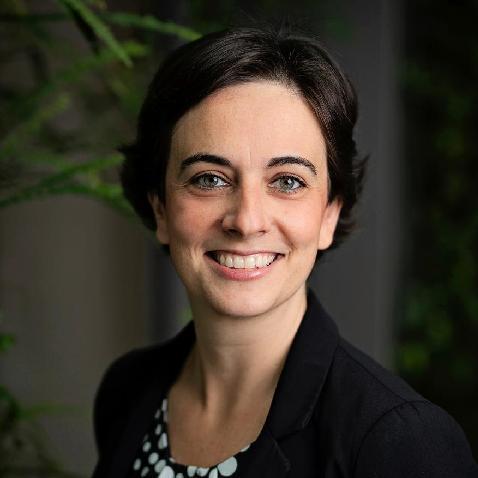
Libe García Zarranz
is Professor of Cultural Theory and Literatures in English in the Department of Teacher Education at the Norwegian University of Science and Technology (NTNU, Norway). She is also a Research Affiliate for the Centre for Literatures in Canada (CLC) at the University of Alberta (Canada). Her research sits at the intersection of contemporary literary studies in Canada, visual studies, and affect theory, with a focus on feminist, queer, and trans approaches. She holds a PhD in English and Film Studies from the University of Alberta and a Postdoctoral Fellowship in Globalization and Cultural Studies at the University of Manitoba (Canada). She is the author of TransCanadian Feminist Fictions: New Cross-Border Ethics (McGill Queen’s University Press, 2017) and the co-editor of Living and Learning with Feminist Ethics, Literature, and Art (University of Alberta Press, 2024). She is the leader of the research group TransLit: Sustainable Ethics, Affects, and Pedagogies at NTNU. She is also a researcher in the Creative Europe project, Mind The Gap, which fosters artistic and cultural education and promotes greater participation of children and youth across Europe, and a member of the international research project Communitas/Immunitas: Relational Ontologies in Atlantic Anglophone Cultures of the 21st Century, funded by the Spanish Ministry of Science, Innovation and Universities. She serves on the Advisory Board of the Society for the Study of Affect (SSA) and the Editorial Board of the Journal of Artistic Creation and Literary Research.
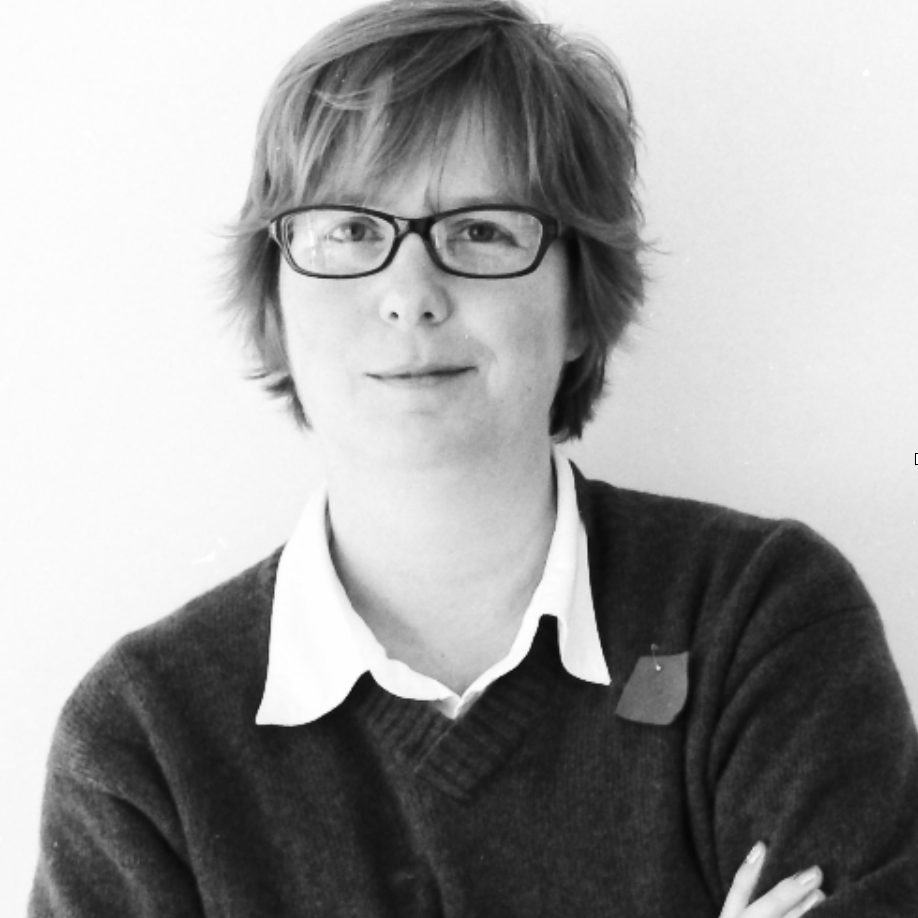
Julia Leyda
holds a Professorship in Film Studies in the Department of Art and Media Studies at the Norwegian University of Science and Technology (NTNU), Trondheim. She is also a senior research fellow in the Graduate School of North American Studies at the John F. Kennedy Institute of the Freie Universität Berlin and was an affiliated researcher in the Critical Petroaesthetics Collaboratory at the Oslo School of Environmental Humanities. At NTNU, Julia is a founder of the Environmental Humanities Research Group (@EnvHumNTNU), a member of TransLit, and an affiliated researcher in GenderHub. She sits on the editorial boards of the Journal of American Studies and the Environmental Humanities book series at Metzler Verlag / Springer. Julia is a board member of the NFR’s Norwegian Researcher School in Environmental Humanities (NoRS-EH), the NordPlus network Bringing Research in the Green Humanities into Teaching (BRIGHT), and the NFR’s Asia-Norway Environmental Storytelling Network (ANEST). Her latest research project role is in the NFR’s The Translatability of Oil (TOIL), based at UiO. She has held funded visiting positions at the Rachel Carson Center for Environment and Society (München), the Institute for Advanced Sustainability Studies (Potsdam), the Freie Universität Berlin’s Graduate School for North American Studies, and the School of Communication and Culture at Aarhus University.

Deïna Lillo Aguirre
is a doctoral researcher and lecturer at the University of the Balearic Islands, recipient of an FPU-CAIB 2025 scholarship within the research project “Cinema and Environment 2.” Her doctoral thesis focuses on the comparative analysis of Studio Ghibli and anglophone animated films, with particular attention to how these engage with Western and other-than-Western, post-anthropocentric philosophies. Lillo holds a BA in English Studies, a Master’s Degree in Teacher Training from the UIB, as well as a Technician Degree in Image and Sound. Drawing on feminist, cultural, film and posthumanist studies, her thesis offers an interdisciplinary approach and theorization of “ways of seeing beyond the Anthropocene”.

Salma Monani
is Professor of Gettysburg College’s Environmental Studies department. As a teacher and researcher, her work has actively involves creating bridges across diverse constituents—whether these are disciplinary or demographic. She has an interdisciplinary academic background that is in STEM (a MS in Geology), creative writing (MA) and Communication Studies (PhD). Her research attends to cinema and media literacies, Indigenous environmental histories and perspectives, and environmental justice. Along with her recent monograph, Indigenous Ecocinema: Decolonizing Media Environments (University of West Virginia Press, 2024), she is author of over 30 publications and has delivered invited lectures, keynotes, and workshops to audiences from the US to Australia and many countries in-between. As part of her College’s Land Acknowledgment Committee, she also engages in public eco-humanities as community research and is currently embarking on a very local project, that explores subjects not usually discussed when we talk about Gettysburg (and the civil war), like Indigenous peoples, beavers, and witness trees.

Stephanie Rincón
holds a bachelor’s degree in English Studies and a master’s degree in Modern Languages and Literatures, both from the University of the Balearic Islands. She is currently working on her doctoral dissertation on posthuman kinship and environmental consciousness in children’s animated series as a recipient of the FPU CAIB 2023 grant within the ministry funded project “Cinema and Environment: Affective Ecologies in the Anthropocene” (PID2019-110068GA-I00). Her research focuses on audiovisual culture in English-speaking countries, critical posthumanism, affect theory, queer theory, and ecocriticism.
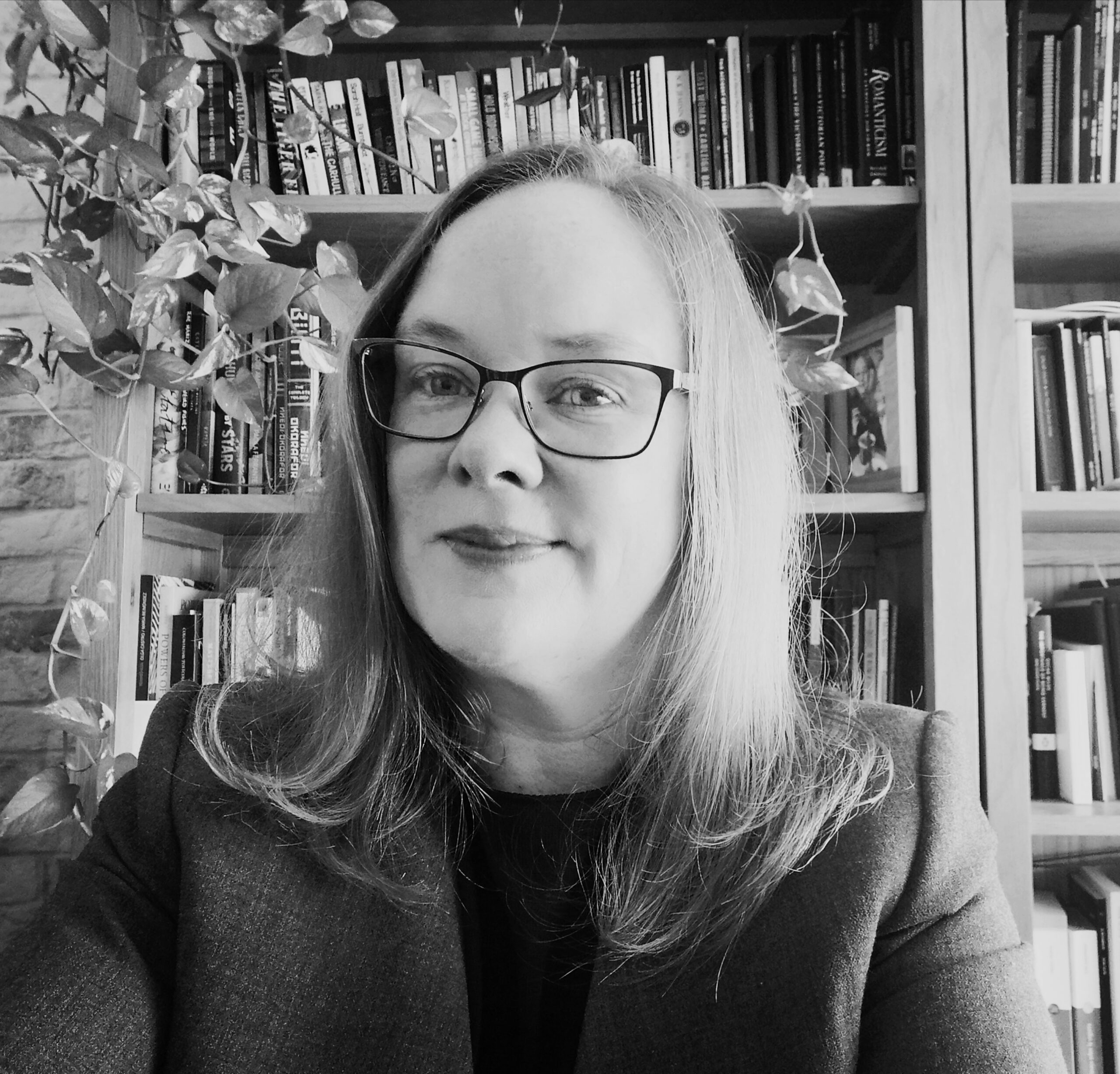
Andrea Ruthven
is Associate Professor in English at the University of the Balearic Islands. She was visiting researcher at Duke University, University College Dublin and the University of Waterloo. Her research is focused on contemporary women’s writing in English, with a special interest in speculative fictions and how these engage with questions of gender, sexuality, representation, and materiality. She has published several book chapters and journal articles in specialized journals and international volumes on The Hunger Games and Ms. Marvel, among others. She has co-edited with Belén Martín Lucas the volume Narratives of Difference in Globalized Cultures; Reading Transnational Cultural Commodities (Routledge, 2017) and with Katarzyna Paszkiewicz the volume Cinema of/for the Anthropocene: Affect, Ecology and More-than-human Kinship (Routledge Advances in Film Studies, 2024).
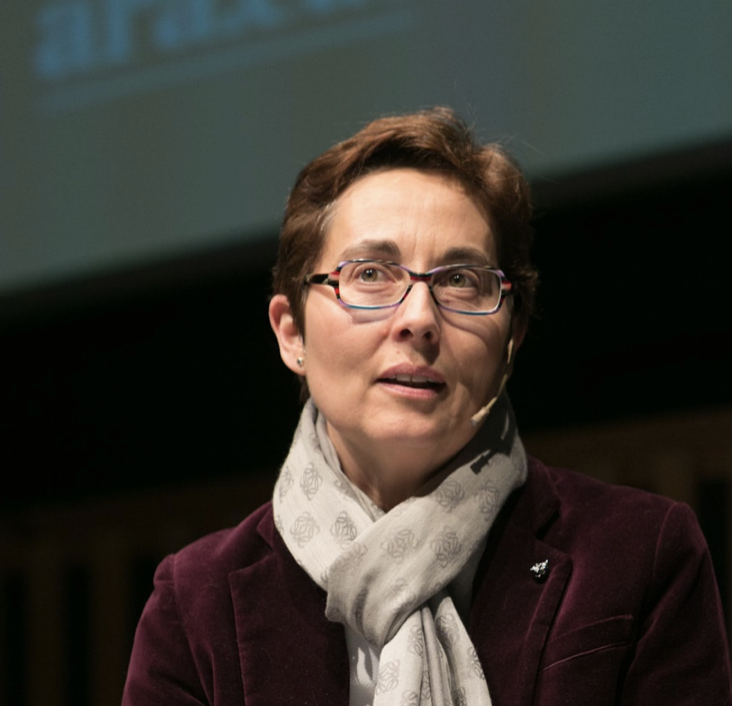
Marta Segarra
is Director of Research at the Centre for Research on the Arts and Language (CRAL) – National Center for Scientific Research (CNRS) and the School for Advanced Studies in the Social Sciences (EHESS) – and Professor of French Studies and Gender Studies at the University of Barcelona. She is also a researcher at ADHUC–Research Centre for Theory, Gender, and Sexuality at the University of Barcelona. Previously, Segarra has been a visiting professor/scholar at Université Paris 8, the Collège International de Philosophie (Paris), Cornell University, the University of California-Berkeley, and Harvard University, among other institutions. Her research primarily focuses on gender and sexuality studies, biopolitics and posthumanism, as well as cultural studies. Segarra has published several books in these fields: Humanimales: abrir las fronteras de lo humano (Galaxia Gutenberg, 2022; in French: Humanimaux: où placer les frontières de l’humain?, Hermann, 2024), Comunidades con acento (Icaria, 2021), Fils, un assaig sobre el confinament, la vigilància i l’anormalitat (with Ingrid Guardiola; Arcàdia, 2020), El món que necessitem/The World We Need (with Donna Haraway; CCCB, 2019), Teoría de los cuerpos agujereados (Melusina, 2014), L’habitació, la casa, el carrer (CCCB, 2014), and Escriure el desig. De La Celestina a Maria-Mercè Marçal (Afers, 2013), among others. She is also co-director (along with Katarzyna Paszkiewicz) of the series Mujeres y Culturas. Ensayos sobre género y sexualidad, published by Icaria Editorial. In 2019, she curated the exhibition Choreographies of Gender at the CCCB.
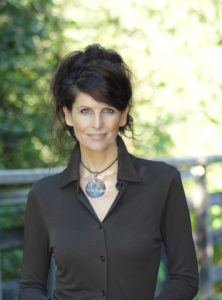
Alexa Weik von Mossner
is Associate Professor of American Studies at the University of Klagenfurt, and a Visiting Professor at the University of Freiburg where she directs the Visions of Sustainability project at the Sustainability Innovation Campus. She is the author of three academic books, Growing Hope (Cambridge University Press, 2025), Affective Ecologies (Ohio State University Press, 2017), and Cosmopolitan Minds (University of Texas Press, 2014), and the (co-)editor of several books and journal issues. She worked for several years in the German film and television industry as a production manager and later scriptwriter before earning her Ph.D. at the University of California, San Diego and her Habilitation at the University of Klagenfurt. From 2014 to 2015, she was a Visiting Researcher in the English Department at UCLA with support from the Swiss National Science Foundation. She was a Carson Fellow at the Rachel Carson Center for Environment and Society at the University of Munich from 2010-2011, where she established and curated the Green Visions Documentary Film Series. Her trans- and interdisciplinary research explores contemporary environmental culture with input from the social sciences and a focus on affect and emotion. She has published widely on cosmopolitanism, affective narratology, and various ecocritical issues in American literature and film. She has a special interest in climate change communication and narrativization, eco-documentaries, and food narratives. In recent years, she has also returned to creative writing with some short stories and her first novel, Fragile (2023).
